.jpg)
On the afternoon of October 28, the National Assembly continued to discuss in the hall the results of thematic supervision of the implementation of policies and laws on environmental protection since the Law on Environmental Protection 2020 took effect.
Delegate Nguyen Thi Viet Nga, member of the City Party Committee, Deputy Head of the National Assembly Delegation of Hai Phong City, pointed out 3 limitations in the practice of environmental protection and proposed solutions.
According to the delegate, the regulations related to financial resources and environmental protection funds have not been effective. Currently, the country has central and local environmental protection funds, but their operational efficiency is still limited, most of the funds have small charter capital, only about tens of billions of VND. Revenue mainly depends on the state budget while the ability to mobilize from international enterprises, organizations and individuals is still very low.
Many local funds have not properly performed their functions of supporting investment, providing preferential loans, financing pollution treatment projects or renovating craft villages.
"The underlying cause is the lack of a unified legal framework on organizational models, financial mechanisms and operating methods. Currently, the Government has not issued a decree replacing the regulations on the operation of the Environmental Protection Fund, which was issued more than 10 years ago and is no longer suitable," analyzed delegate Nguyen Thi Viet Nga.
Faced with that situation, delegate Nguyen Thi Viet Nga proposed issuing a new decree to unify the operating mechanism of provincial funds, allowing funds to receive funding, issue green bonds, and cooperate with the private sector in environmental protection.
Along with that, expand the authority for the fund to borrow preferentially, guarantee credit or co-finance investments with environmentally protected projects that can recover capital.
Delegate Nguyen Thi Viet Nga pointed out the second limitation is that the form of PPP investment in the environmental sector has not yet been put into practice. Currently, there is no specific guiding circular, lack of clear regulations on selection criteria, risk sharing, payment mechanism, and environmental performance monitoring, so most environmental PPP projects are still at the proposed or feasible level, not attractive enough.
Delegates proposed to issue a circular to guide and clearly stipulate the above contents and pilot environmental PPP in a number of localities.
Regarding the budget expenditure ratio for the environment, delegate Nguyen Thi Viet Nga assessed that it is currently very low and proposed to increase it by at least 30%.
"According to the Ministry of Finance's report, the central budget expenditure for environmental protection in the past three years was only about 0.084 to 0.096%, less than 1/10 of 1% of the total national budget expenditure. In localities, this rate fluctuates from 0.91 to 1.3% depending on the province and city. The figures show that the expenditure is too low while we are facing pollution from domestic waste, industry, craft villages, and climate change," said delegate Nguyen Thi Viet Nga.
Therefore, delegates proposed to increase the budget expenditure for the environment by at least 30% compared to the present because environmental protection is not the price to pay for development, but a prerequisite for sustainable development and people's quality of life.
Delegate Nguyen Thi Viet Nga emphasized: "If we do not invest more strongly now, the cost of investment to overcome the consequences in the future will be dozens of times higher than the current prevention cost. This is not only a technical proposal but also a strong political commitment of the state to the people and to future generations."
SNOW AND WINDSource: https://baohaiphong.vn/de-nghi-tang-toi-thieu-30-ty-le-ngan-sach-chi-cho-moi-truong-so-voi-hien-tai-524891.html


![[Photo] Draft documents of the 14th Party Congress reach people at the Commune Cultural Post Offices](https://vphoto.vietnam.vn/thumb/1200x675/vietnam/resource/IMAGE/2025/10/28/1761642182616_du-thao-tai-tinh-hung-yen-4070-5235-jpg.webp)


![[Photo] National Assembly Chairman Tran Thanh Man received a delegation of the Social Democratic Party of Germany](https://vphoto.vietnam.vn/thumb/1200x675/vietnam/resource/IMAGE/2025/10/28/1761652150406_ndo_br_cover-3345-jpg.webp)

![[Photo] Flooding on the right side of the gate, entrance to Hue Citadel](https://vphoto.vietnam.vn/thumb/1200x675/vietnam/resource/IMAGE/2025/10/28/1761660788143_ndo_br_gen-h-z7165069467254-74c71c36d0cb396744b678cec80552f0-2-jpg.webp)
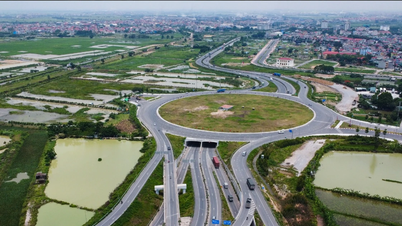

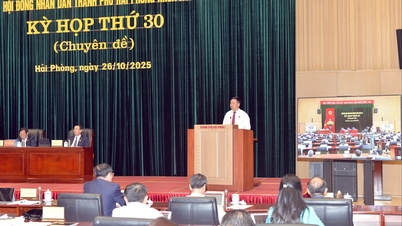
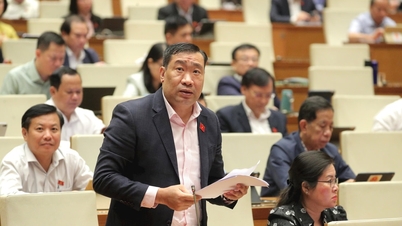
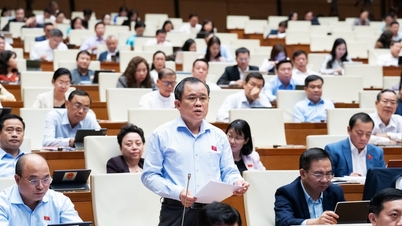
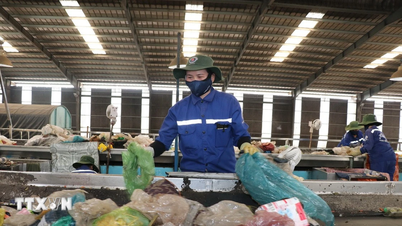












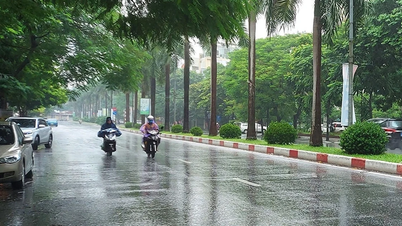





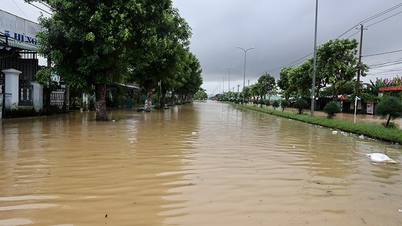
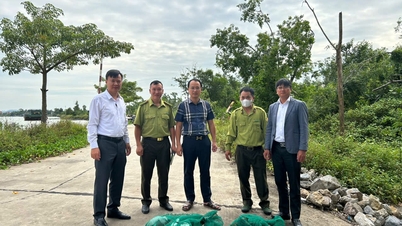



![[Photo] President Luong Cuong attends the 80th Anniversary of the Traditional Day of the Armed Forces of Military Region 3](https://vphoto.vietnam.vn/thumb/1200x675/vietnam/resource/IMAGE/2025/10/28/1761635584312_ndo_br_1-jpg.webp)



































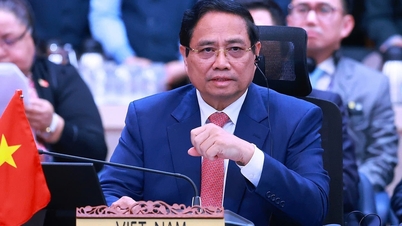


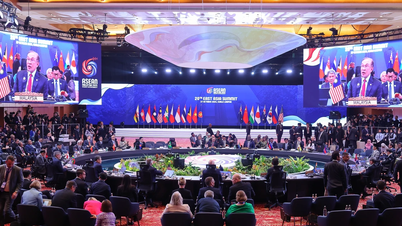


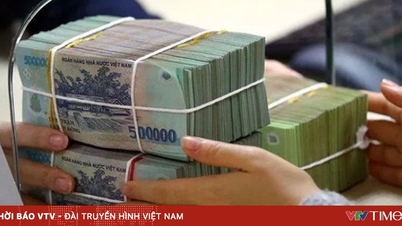

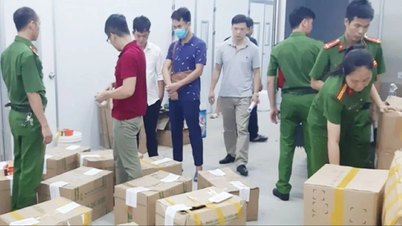

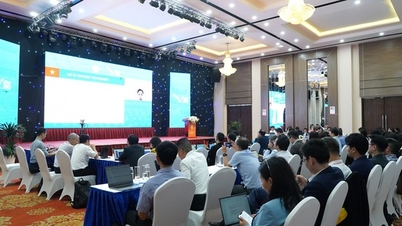

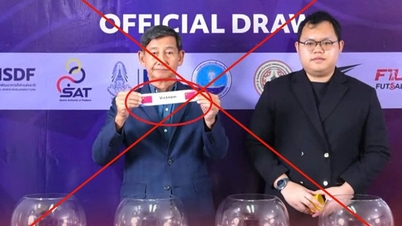

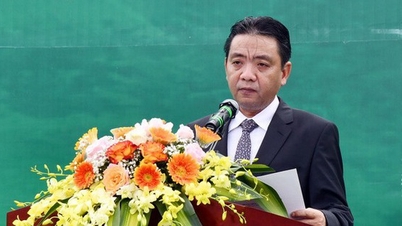
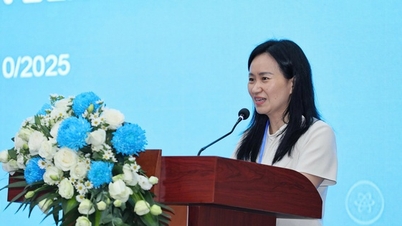
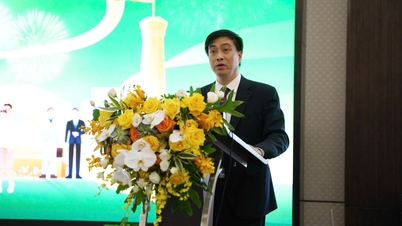
























Comment (0)